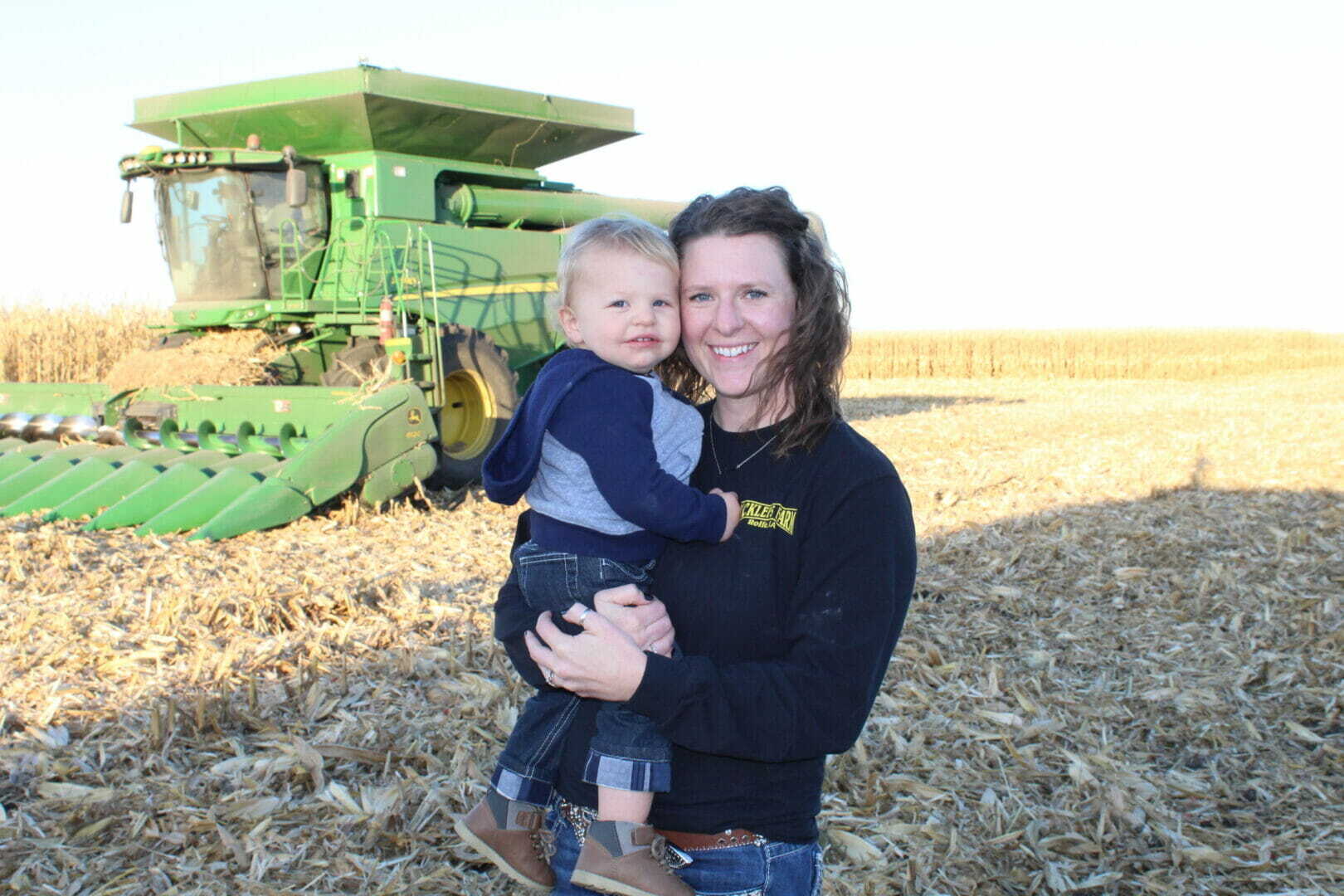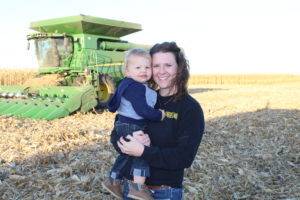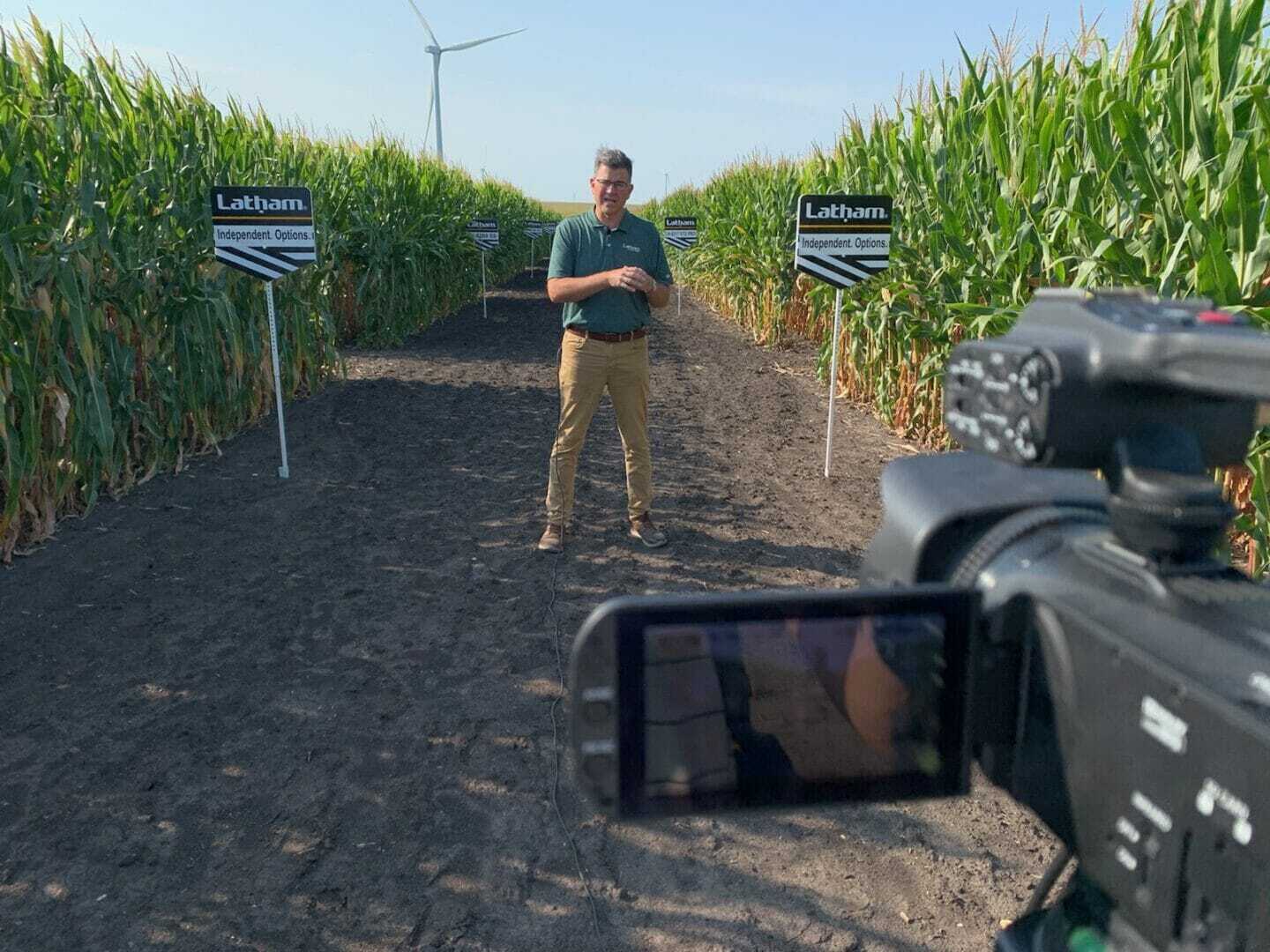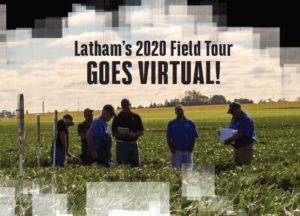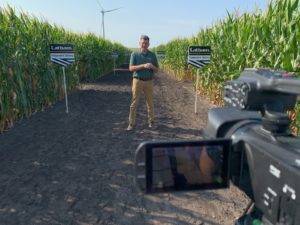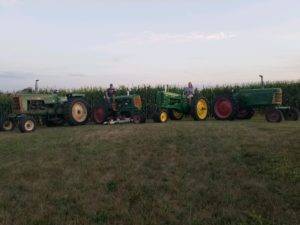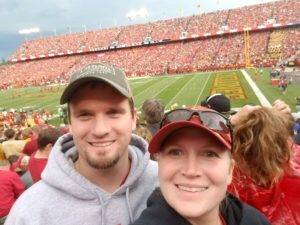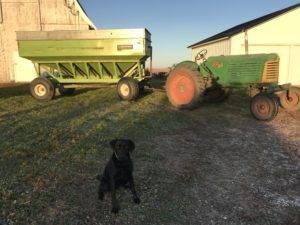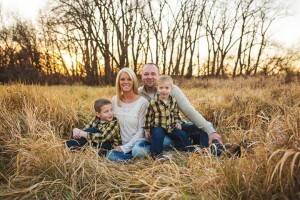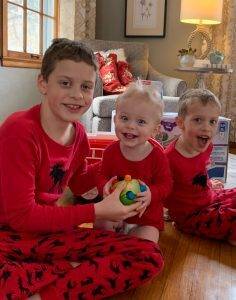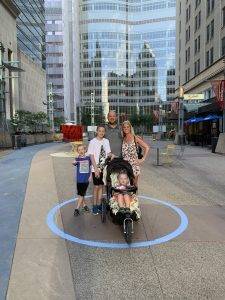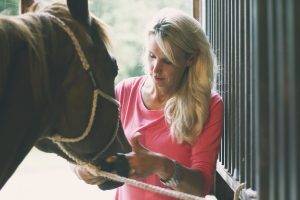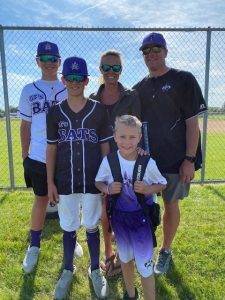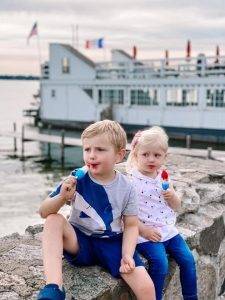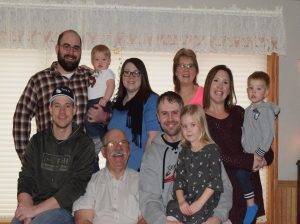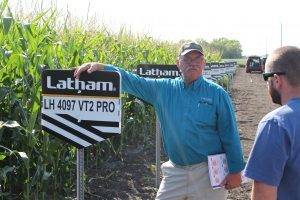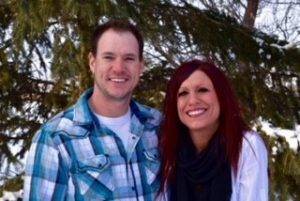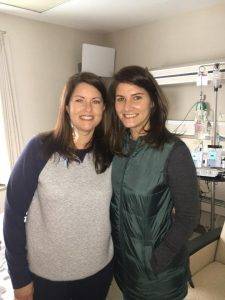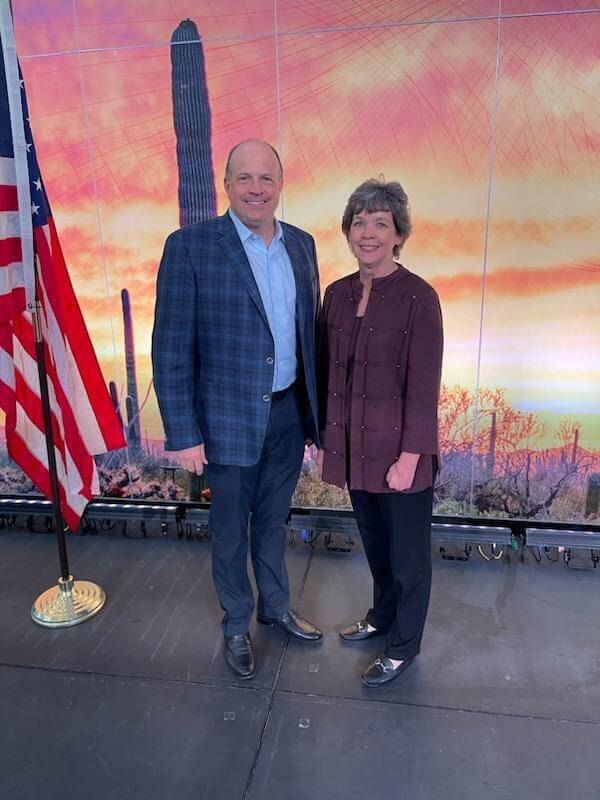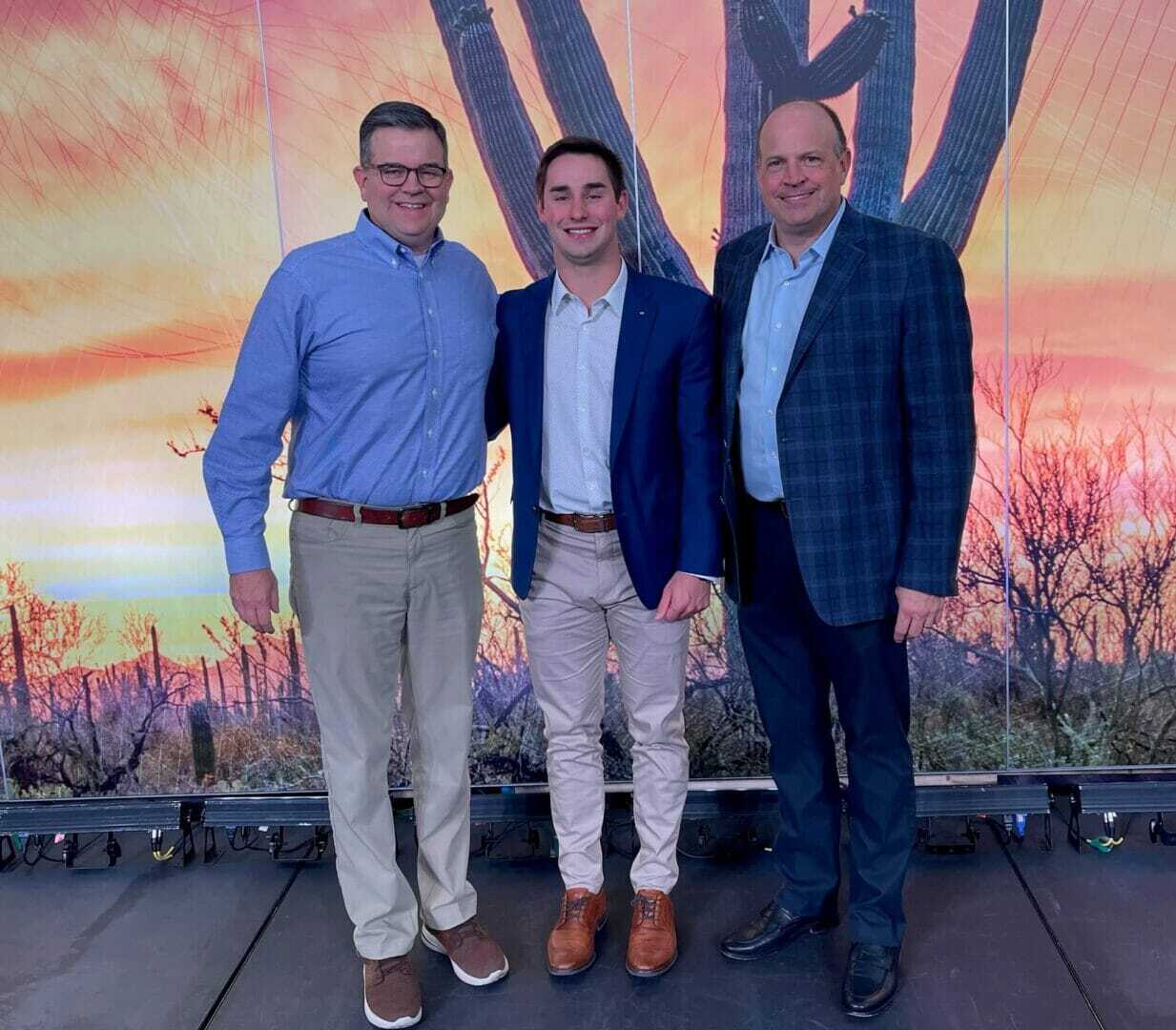Guest Blog post by Darcy Maulsby
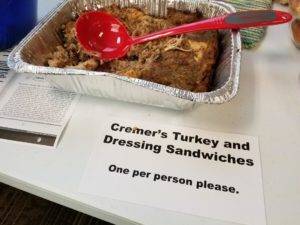 Now that the big Thanksgiving feast is over, what do you do with the leftover turkey and dressing? It’s time to try a delicious, northeast Iowa classic that’s been dubbed everything from “iconic” to “starch-a-pa-looza.”
Now that the big Thanksgiving feast is over, what do you do with the leftover turkey and dressing? It’s time to try a delicious, northeast Iowa classic that’s been dubbed everything from “iconic” to “starch-a-pa-looza.”
We’re talking about and dressing sandwiches—a flavorful mixture of turkey, gravy and stuffing mixed together and served in a bun. Yes, these are starch on starch with plenty of turkey mixed in for good measure. No, they aren’t hot turkey sandwiches, where gravy is poured over a sandwich stuffed with sliced turkey. These are a food all their own, and they are a cult classic around Dubuque, Iowa.
“These sandwiches are a staple around here,” says JoAnne Gregorich, whose family farms near La Motte in eastern Iowa, south of Dubuque.
Turkey dressing sandwiches don’t just turn after Thanksgiving. If you attend enough graduation parties, bridal showers or wedding receptions in parts of Eastern Iowa, there’s a good chance that turkey dressing sandwiches will be on the menu.
You can either make your own, or if you’re anywhere near Dubuque, stop by Cremer’s Grocery. For more than 70 years, Dubuque’s last family-owned grocery has helped make meals special, thanks to their Famous Turkey ‘N’ Dressing sandwiches.
Just a sidenote: When I shared my Culinary History of Iowa program at the Carnegie-Stout Library in Dubuque in September 2017, the library also hosted a potluck featuring Dubuque foods. The mere fact that the librarians felt the need to post the sign “Cremer’s Turkey and Dressing Sandwiches: One per person please” says a lot about how popular these sandwiches are.
There often are no specific recipes for turkey dressing sandwiches, and every family takes their own twist on this local classic. The Gregorich family prefers to go heavy on the turkey. “I’d say I use about 95 percent turkey, along with a little stuffing and gravy,” says JoAnne, who adds that leftover cranberry sauce on the side is a good option.
What if you pour gravy on top of a turkey dressing sandwich, similar to a hot beef sandwich? “That’s something different than a turkey dressing sandwich,” JoAnne confirms.
 Farming, food and family go hand in hand
Farming, food and family go hand in hand
Turkey and dressing sandwiches reflect the resourcefulness of generations of Iowa farm cooks who know how to maximize leftovers and give them a creative, new spin. The hearty sandwiches also fit with the region’s strong agricultural heritage, which the Gregorich family is proud to maintain.
Both JoAnne and her husband, David, grew up in Jackson County. They remain close to their rural roots on their Jackson County farm, where they raise corn, hay and beef cattle. JoAnne is glad the couple had the chance to raise their two daughters, Cassie and Kellie, on the farm.
“Growing up on a farm teaches you responsibility and instills a work ethic in you,” JoAnne says. “I also appreciated the times we were all able to work together as a family.”
While the girls are grown and are pursuing their own careers in agriculture, they always enjoy coming home and spending time with their family on the farm. There’s a good chance that turkey and dressing sandwiches will be served at many of these gatherings. “They are a very good sandwich,” JoAnne says.

